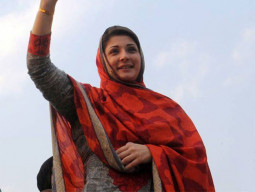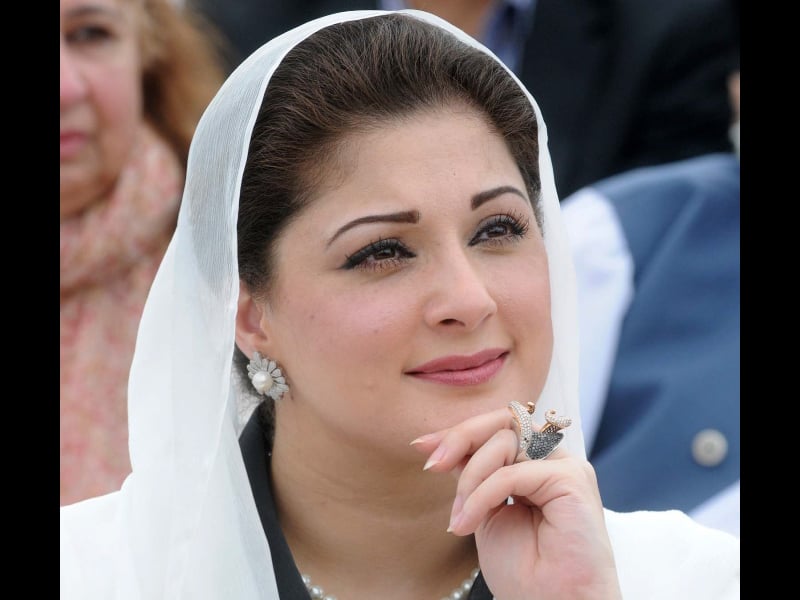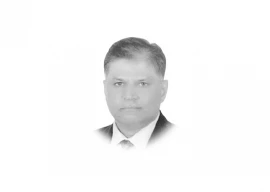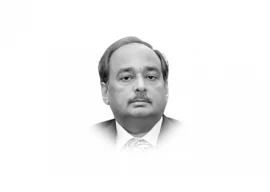
He was speaking at a National Conference on Human Security Agenda and Democratisation of Public Policies.
Members of civil society from the Punjab and Khyber attended the conference organised by the South Asia Partnership- Pakistan (SAP-PK).

The speakers at the seminar included Professor Rasul Bux Rais, Professor Muhammad Wasim from the Lahore University of Management Sciences, Iftikhar Mubarak from the Plan Pakistan, Sabiha Shaheen from Bargad, Commission on the Status of Women chairperson Fauzia Viqar, SAP-PK Executive Director Muhammad Tahseen, SAP-PK Deputy Director Irfan Mufti and researcher Iqbal Haider Butt.
Rehman said the state had failed to provide health and education. He stressed the need for establishing social welfare institutions.
He called for addressing public needs and human security issues. State institutions should not shy away from accountability, particularly after the introduction of the Right to Information Act, he said.
Butt presented his study on human security situation in Bhakkar and Khanewal, highlighting issues related to health, education and safe drinking water. He said manifestoes of most political parties were not addressing public issues.

Mufti presented a paper, titled Peace and Human Security in South Asia: Challenges and Solutions. He said South Asia had a population of 1.5 billion out of the world population of nearly 7 billion.
“The region has the highest index of poverty – 43 per cent of the population lives under poverty line, compared to 14 per cent in East Asia (excluding China), 24 per cent in Latin America and 39 per cent in sub-Saharan Africa.”
He said the root cause of many of Pakistan’s problems was a lack of planning and of vision.
Lawyer Asad Jamal criticised the lack of accountability in the judicial system. He blamed the crippled judicial system for the backlog of thousands of cases. He said the poor drafting of challan by police led to acquittals in many terrorism cases.
Jamal criticised ‘Islamisation’ of laws. “Religion should be a private affair. It should not be ingrained in the legal system of any country.”
Rais said politics of power was prevalent in the country which he said was the biggest tragedy of Pakistan.
“Jinnah’s vision of a secular and democratic state was buried with him. No leader after him has been courageous enough to pursue his line.”
Viqar said gender inequality was widespread in Pakistan reflecting the patriarchal nature of the society.
“This mindset permeates every domain, from the household to the community,” he said.
Published in The Express Tribune, December 31st, 2014.























COMMENTS
Comments are moderated and generally will be posted if they are on-topic and not abusive.
For more information, please see our Comments FAQ